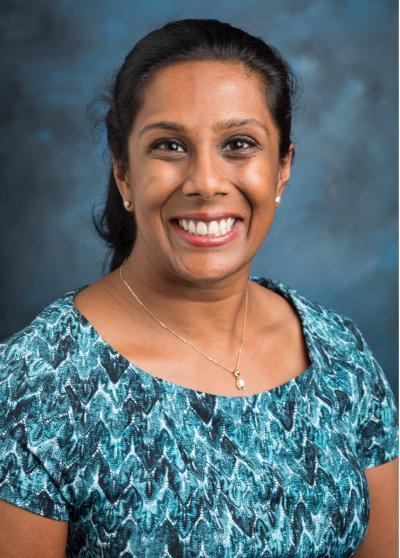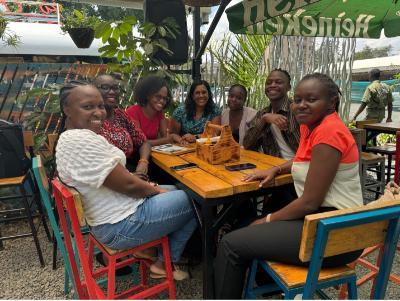“Economics of Global Poverty” with Dr. Jain

The “Economics of Global Poverty,” taught by Dr. Prachi Jain, goes beyond the classroom as students can be engaged in real-world challenges. It’s a journey to understand complex and distant global issues.
Dr. Prachi Jain, a development and behavioral economist, brings her research into the classroom, engaging students to impact society positively. She has been a Research Affiliate with the Busara Center in Nairobi, Kenya, where she has implemented her research since 2015. She is committed to capacity building, particularly for scholars in Africa. She has been involved in the Collaboration for Inclusive Development Research at CEGA, a mentor for the Research in Color Foundation, and a mentor for the Graduate Applications International Network.
Through Dr. Prachi Jain’s guidance, students embark on an intellectual adventure. They start by encountering the many faces of poverty, unpacking the different poverty traps that ensnare individuals and communities. Students delve into the economic causes and explore the issue through a wider lens, acknowledging its social and cultural dimensions.
The exploration does not stop at understanding the problem. Dr. Jain equips students with the tools to analyze potential solutions. They learn to model and evaluate public policies, becoming skilled at dissecting their strengths, limitations, and underlying assumptions. But it’s not just about theory; students develop their communication skills, learning to communicate economic reasoning and engage in critical discourse effectively.
The journey takes an exciting turn when the classroom walls seem to disappear. Students embark on a research project in collaboration with staff from the Busara Center in Kenya. This unique, engaged learning opportunity allows them to move beyond textbooks and engage with the lived realities of poverty. They identify their research questions, create surveys Busara implements with low-income residents of informal settlements in Nairobi, and analyze data. Throughout, students work alongside staff from the Busara Center.
The “Economics of Global Poverty” is an engaged learning course that forms part of the core curriculum here at Loyola Marymount University. One student remarked, “The final research project truly sold the ‘engaged learning’ flag of the class for me. Without it, I would likely have considered this class educational but largely theoretical, like many others. The hands-on aspect of the project was also very interesting and demanded a degree of in-class work that I seldom feel in some of my other classes. The proactive approach was also refreshing, seeing much of the theory we learned in class applied to a real-world situation… As mentioned before, the research projects gave a real and active stake in real-world poverty and examples of it in Kenya. Indirectly interviewing and surveying these communities and their answers gave insight into global poverty and how it affects their daily lives, which is more than just a term in our textbooks/readings. Thus, applying what we learned was one of my favorite things in this class.”
The real-world experience is transformative. Students gain firsthand insights into the specific challenges faced by low-income communities in Kenya, deepening their understanding of poverty beyond mere statistics. They grapple with complex ethical questions and develop a deeper cultural sensitivity.
Dr. Jain has shared her insights and is making a broader impact in the field of economics education by presenting this work at CTREE in the summer of 2023. She is currently in the process of submitting it to the Journal of Economic Education.
For more information on the Busara Lab, please visit their website.
